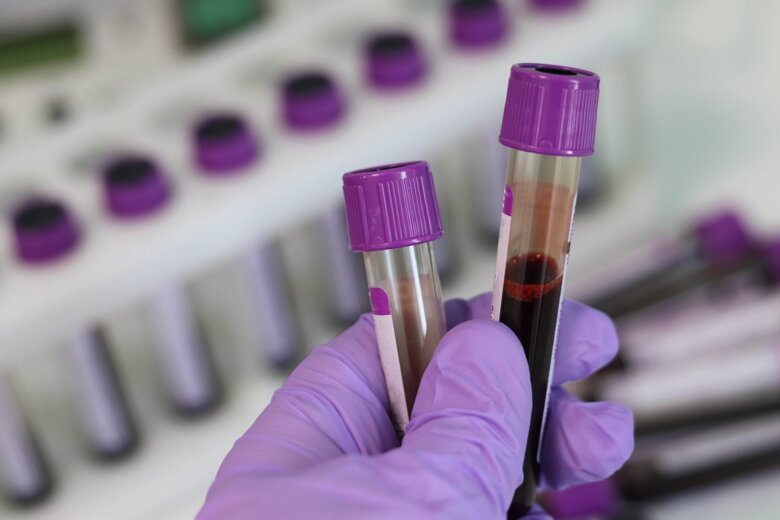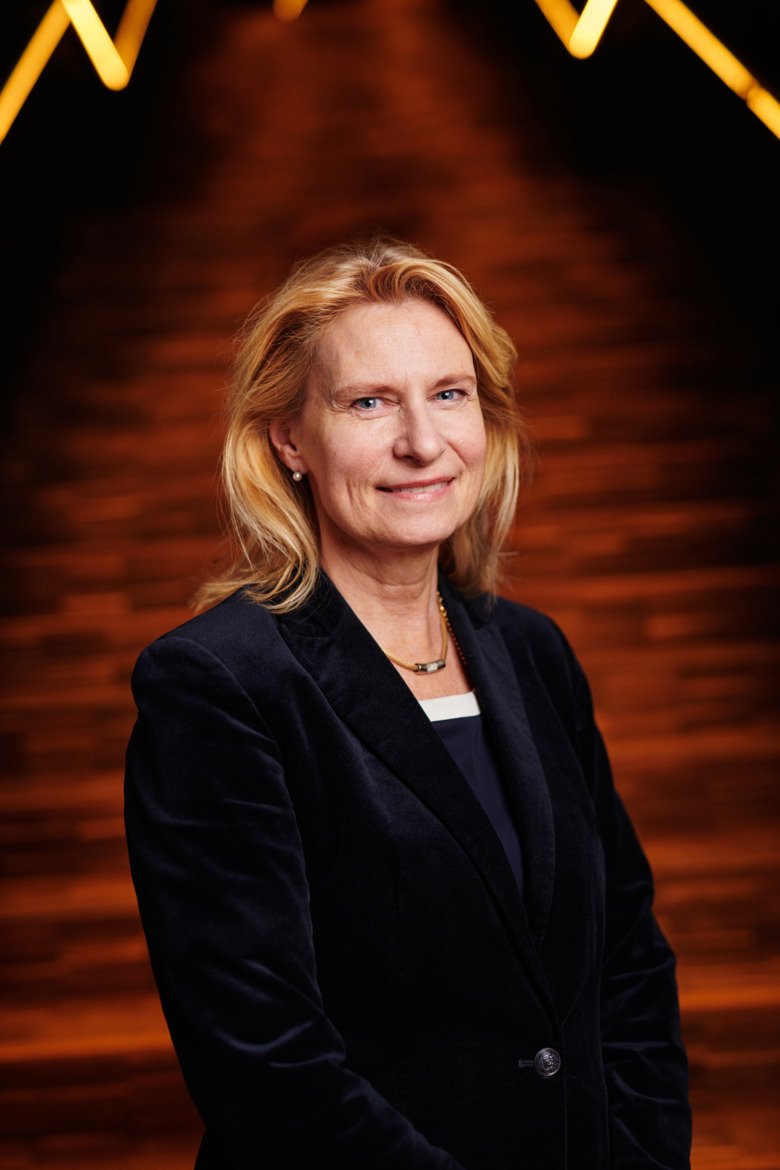Covid-19 tests: KI returns to regular laboratory activities but remains prepared

During the spring pandemic, the higher education sector, including Karolinska Institutet, received a temporary permit from the government to analyse covid-19 tests in connection with the increase in the spread of the infection. The number of analyses carried out increased rapidly, but now other operators have started up, which means that KI can go back to its regular laboratory activities. KI however still remains in a state of a preparedness to reorganize its operations should the need arise.
Testing and clinical diagnostics are not part of KI's regular activities, but following government authorization this spring, KI was able to contribute to increasing the analytical capacity of the regions with so-called PCR technology for suspected covid-19. The changeover was extensive and was made possible thanks to external donations and the fact that KI staff were able to quickly reprioritize their work from their regular activities.
There was never any intention that this would be a long-term and sustainable solution for covid-19 tests, but was set up by KI to support the regions at a time when there was a great need for tests to be carried out. The laboratory, which has been called the National Pandemic Centre (NPC), operated at maximum capacity in the latter part of the autumn and all in all, the KI laboratory has conducted more than 600,000 tests on behalf of the regions since the spring.
During the autumn, work has been underway to ensure a more sustainable and long-term solution to meet society's needs for test analyses. Among other things, a private operator, who rents premises from KI, has started its operations on a large scale. This means that KI's laboratories, which were previously converted to conduct covid-19 analyses, can now return to regular research-oriented activities. The change will take place at the turn of the year.

"It is a natural step to take as this type of analytical activity does not normally form a part of the university's operations. However, we welcome the establishment of a private operator to ensure that the capacity for analysis does not decrease in the country," says Katarina Bjelke, University Director.
The analytical equipment used by KI during the past six months can be used again if the need for further analysis arises as a result of the pandemic.
"The rapid scaling-up of the analytical activities that took place during the spring was an important contribution by KI in dealing with an extraordinary situation. We remain prepared to do whatever is necessary. This means that in practice we are making a significant contribution to potentially increasing the Swedish analytical capacity," says Katarina Bjelke.
